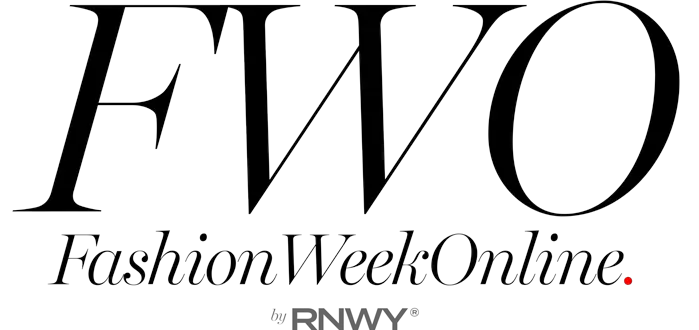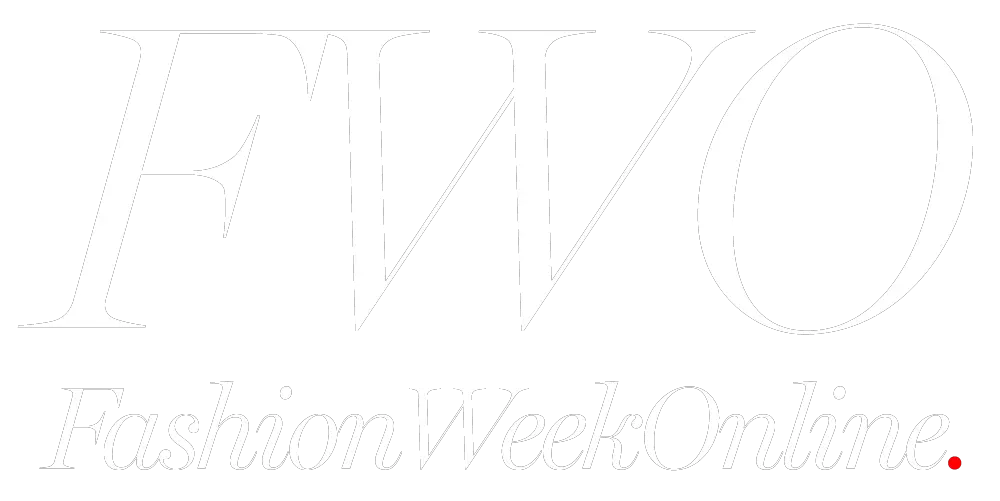In the ever-evolving world of fashion, brand identity has never been more visible or wearable. From boutique fashion houses to creative agencies and event production teams, custom-branded clothing has become a vital medium for self-expression, marketing, and corporate culture.
As businesses compete to stand out in a crowded marketplace, branded apparel has emerged as both a style statement and a strategic tool that bridges fashion with functionality, identity with innovation.
The Rise of Branded Apparel in the B2B Space
What was once limited to simple logo T-shirts or embroidered polos has evolved into a sophisticated, design-driven movement. Today, branded clothing plays a crucial role in how companies of all sizes communicate their ethos and aesthetic to the world.
From luxury retail pop-ups to international fashion weeks, the visual coherence of a team’s clothing reinforces brand identity at every touchpoint. This shift toward intentionally high-quality, branded apparel signals a new era of B2B fashion awareness, where image, craftsmanship, and sustainability converge.
“Custom-branded clothing is one of the most tangible ways a business can project its identity and culture beyond the boardroom. When teams wear thoughtfully designed garments at events, exhibitions, or in-house, it creates an immediate sense of unity and professionalism and turns every staff member into a brand ambassador. At Custom Planet, we’ve seen clients amplify their visibility simply by placing premium basics at the heart of their branding strategy.”
— Andrew Dark, Managing Director, Custom Planet
Dark’s insight highlights that custom apparel is not just marketing material. It is wearable branding. Whether showcased at trade fairs, fashion events, or in retail environments, these designs serve as a consistent visual thread that strengthens brand recall.
Fashioning Identity: The Power of Unified Design
For growing fashion businesses, brand consistency is as crucial as creative vision. A cohesive wardrobe helps communicate that a company not only cares about its image but also about how its team members feel representing it.
Event and production companies are turning to custom clothing as part of their visual toolkit. At international shows and film sets, branded uniforms help create a unified team aesthetic while offering practical benefits like comfort, durability, and mobility.
When your team looks cohesive, it reflects the precision of your work. Beyond aesthetics, this approach also fosters a shared sense of purpose and identity that translates into better client interactions and stronger team morale.
The Sustainability Imperative
No conversation about the future of fashion is complete without addressing sustainability. In today’s conscious market, both consumers and corporations are seeking ways to minimize waste, source ethically, and invest in long-lasting pieces rather than disposable fashion.
Many B2B suppliers have responded by adopting eco-friendly fabrics such as organic cotton, recycled polyester, and bamboo blends. According to Vogue, sustainable fashion is no longer a niche trend but an essential pillar of modern brand identity.
For businesses, using sustainable materials in custom clothing signals responsibility and transparency, values that resonate deeply with both clients and employees. It communicates that a brand is forward-thinking and cares about its environmental footprint as much as its aesthetic impact.
Interestingly, this shift mirrors what lifestyle enthusiasts discuss in online design spaces such as the Style Your Space Subreddit. There, communities explore how thoughtful design and sustainable choices can transform not just wardrobes but also homes, workspaces, and creative environments. The crossover between fashion and interior aesthetics highlights how both worlds are guided by the same principle: style with purpose.
Scaling Visibility for Emerging Fashion Brands
For small and mid-sized fashion brands, visibility is everything. Exhibitions, trade shows, and pop-up events are critical opportunities to stand out, yet often the competition for attention is fierce. Custom-branded apparel provides an accessible and cost-effective way to amplify presence and create a professional image without the expense of large-scale marketing campaigns.
Branded clothing functions as a visual handshake. It tells potential partners and customers who you are before a single word is exchanged. When worn by staff during events or on social media campaigns, it transforms a team into walking brand ambassadors, extending reach organically.
“In a world where visuals dominate communication, custom-branded apparel is storytelling through design. Every thread, color, and logo placement adds to the narrative of what your brand represents. For fashion startups and creative agencies, this visual storytelling helps build credibility and emotional connection faster than traditional advertising ever could.”
— Joshua Clint, Director Marketing, CinematicCentral
Clark’s perspective reflects a broader truth about modern branding. Authentic, human-centered storytelling is what sets successful companies apart. Branded apparel, especially when done with design precision, becomes a moving, living canvas for that story.
Personalization: The New Language of Connection
Personalization has become one of the defining traits of the fashion industry in recent years. According to Elle, personalization and bespoke design are no longer luxuries but expectations.
This evolution has transformed how businesses approach custom-branded clothing. No longer limited to logo placement, modern B2B clients now request garments that reflect their corporate tone and mission, integrating signature colors, fabrics, and tailored fits that align with their brand aesthetic.
Such attention to detail enhances both the wearer’s pride and the brand’s perception. It tells clients and collaborators that the business values quality and individuality, while also promoting loyalty within teams who feel genuinely connected to the brand they represent.
Why Premium Quality Matters More Than Ever
As the lines between professional wear and lifestyle fashion continue to blur, premium-quality materials have become essential. The post-pandemic workplace, where hybrid roles and digital visibility are the norm, has pushed brands to invest in clothing that looks sharp both in person and on screen.
Durability, comfort, and ethical production have emerged as key considerations for fashion-forward businesses. The investment in high-quality fabrics and design not only enhances comfort but also ensures that branded apparel remains stylish and relevant for years, reducing waste and promoting sustainability.
Ultimately, companies that view custom apparel as part of their brand identity ecosystem rather than as a one-time promotional effort are the ones leading the new era of business fashion.
The Future: Where Fashion Meets Functionality
As technology, sustainability, and personalization continue to reshape the fashion landscape, custom-branded clothing will only grow in influence. From smart textiles that regulate temperature to sustainable printing technologies, innovation is unlocking new ways for brands to express themselves authentically.
In the next decade, we are likely to see custom apparel evolve beyond mere uniforms into interactive brand experiences, where the garment itself becomes a storytelling device powered by design, data, and identity.
Fashion has always been a reflection of culture. Today, as brands look to define not just how they look but what they stand for, custom-branded clothing stands at the intersection of creativity and communication, ready to power the next generation of fashion-driven businesses.
##



